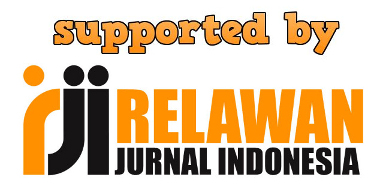Hubungan Kebiasaan Hidup Bersih dan Kondisi Lingkungan Rumah Terhadap Risiko ISPA: Studi Kasus Pada Masyarakat Pemukiman Lahan Basah di Kecamatan Seberang Ulu II
DOI:
https://doi.org/10.30590/joh.v12n2.12Keywords:
Acute Respiratory Infection, home environment, residential density, waste managementAbstract
Acute Respiratory Infection (ARI) is a major public health issue in Indonesia, particularly in slum areas with poor environmental conditions. Low hygiene awareness and unhealthy living environments contribute to the high incidence of ARI, especially in large urban areas like Palembang. This quantitative study employed a cross-sectional design and involved 100 purposively selected respondents in Seberang Ulu II District, Palembang City. Data were analyzed using chi-square tests for bivariate analysis and logistic regression for multivariate analysis. The results indicated that residential density (p=0.041) and waste burning (p=0.008; OR=3.156) were significantly associated with ARI incidence. Waste management was identified as the most dominant factor (p=0.021; OR=3.156), while other variables showed no significant association. These findings highlight that residential density and waste management are key determinants of ARI. Improving household sanitation and promoting clean living behaviors are essential preventive efforts in wetland urban settlements.
Downloads
Published
Issue
Section
License
Copyright (c) 2025 Widya Ayu Pratiningsih, Rieke Rahma Dwinda, Marsha Cahya Nadira Adham, Irren Jetty Nuranisa, Dwi Cahyani Rahma Dhini, Khafifah Hazriati Repalia, Dinda Octaviani, Inoy Trisnaini, Dini Arista Putri, Adelia Kesuma Wardhani

This work is licensed under a Creative Commons Attribution 4.0 International License.












